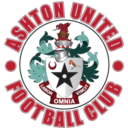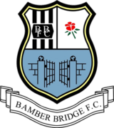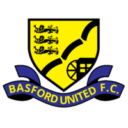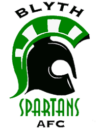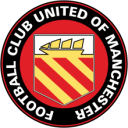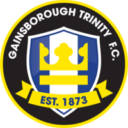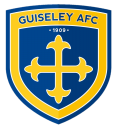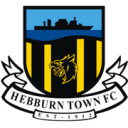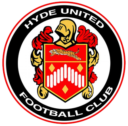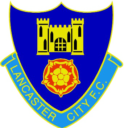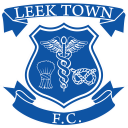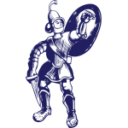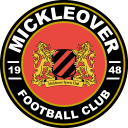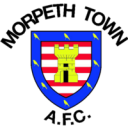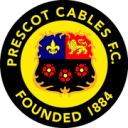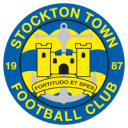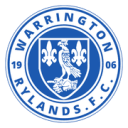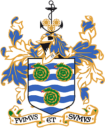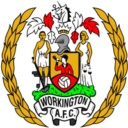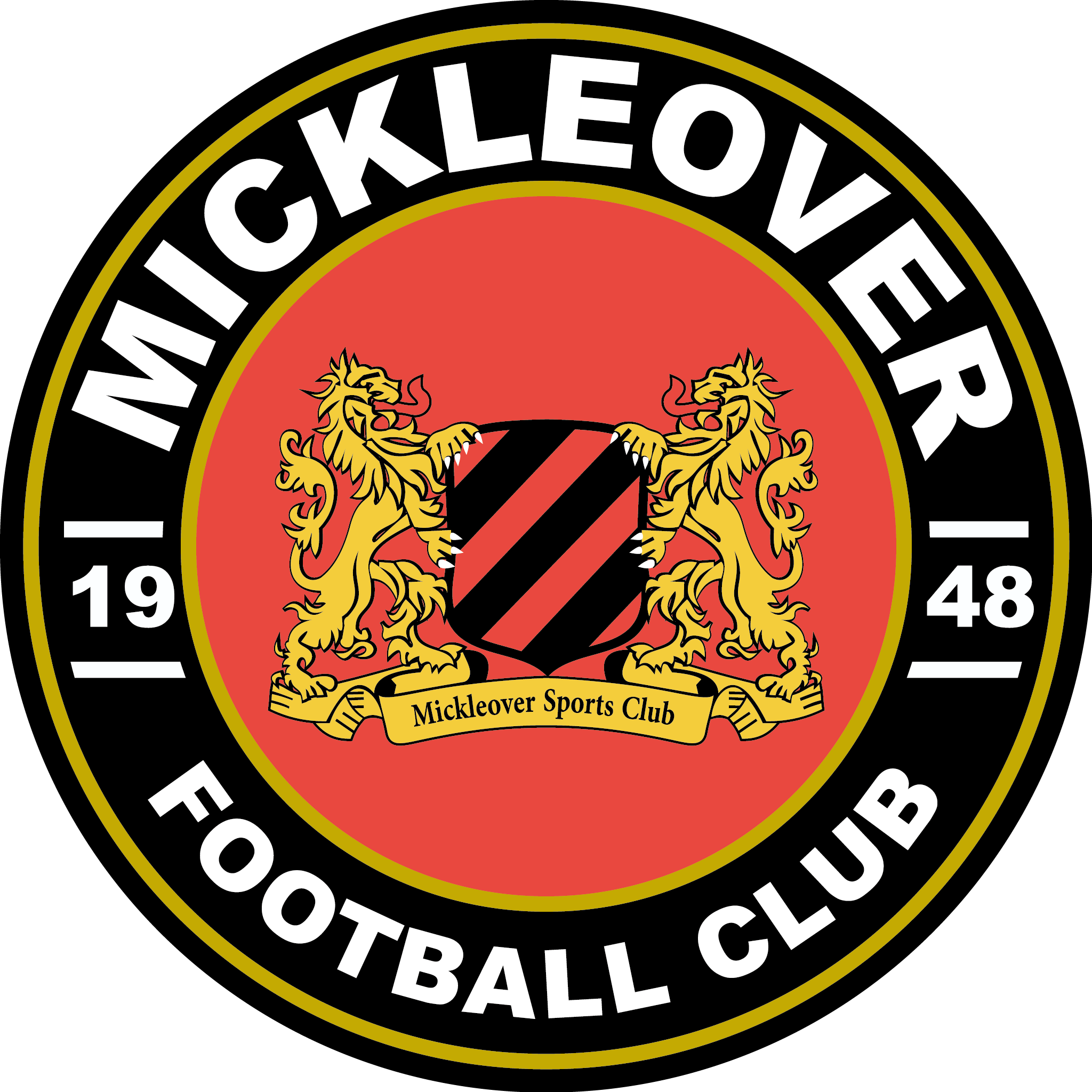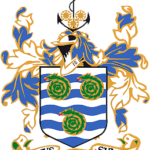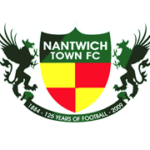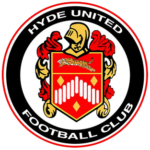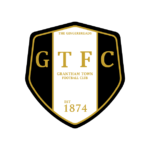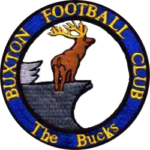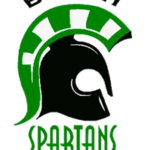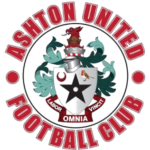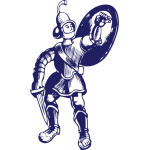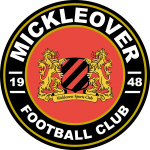Whitby Town Football Club is an English football club based in Whitby, North Yorkshire. The club participates in the Northern Premier League, the seventh tier of English football. Founded in 1880, Whitby are one of the oldest clubs from the North Riding of Yorkshire, the club has spent their entire history in the amateur and semi-professional leagues, though they have reached the second round of the FA Cup in both 1983–84 and 1985–86.
The level which the club are at now is the highest they have been throughout their history, rising up from the lower sections of non-league footballduring the 1990s, winning the Northern Premier League First Division on the way as well as the Northern League Cup six times. However, the formation of the Conference North/South Leagues at step 2 in the non-League pyramid effectively relegated Town back to step 3. Whitby most prestigious honour is arguably the FA Vase, which they won in 1996–97 after defeating North Ferriby United at Wembley Stadium.
Whitby play their home games at the 3,500 capacity Turnbull Ground on Upgang Lane. The club’s colours are somewhat distinct in English footballand are intentionally similar to Italian side Sampdoria[1] wearing a blue shirt with a touch of white, black and red.
Credit: Wikipedia.com
